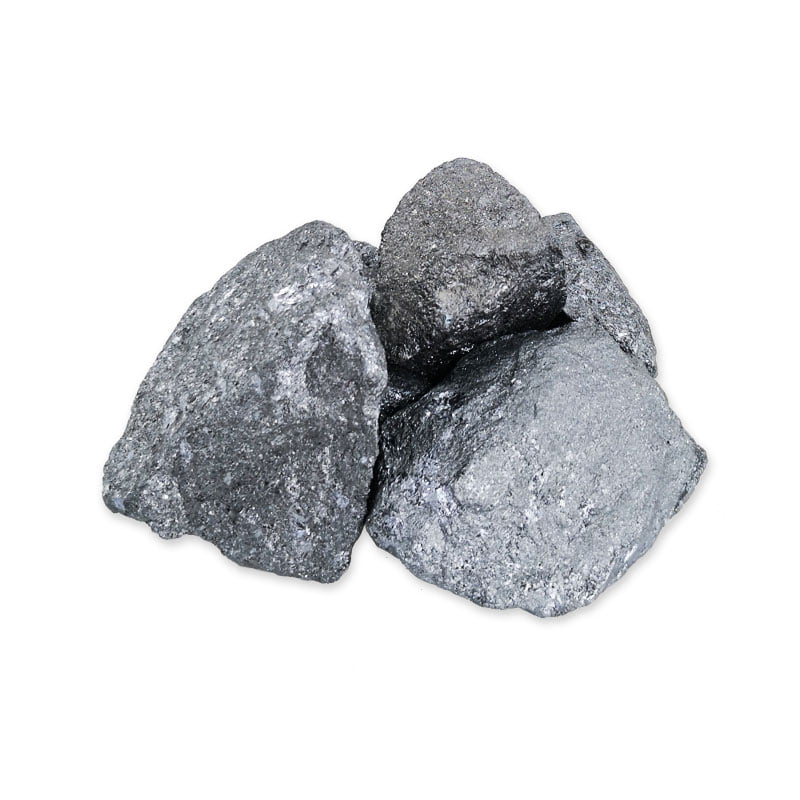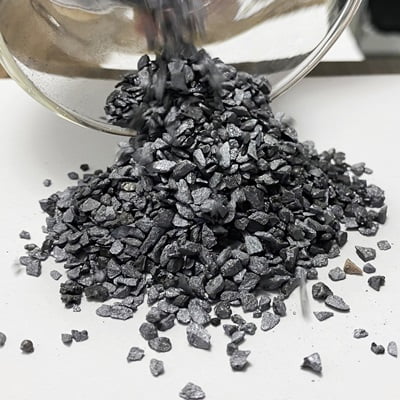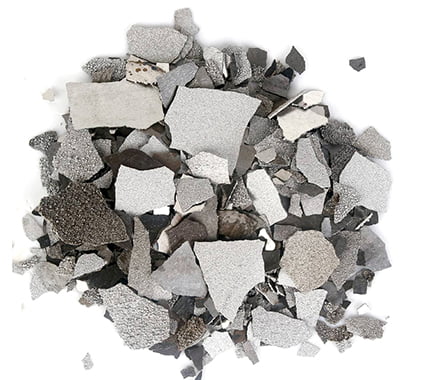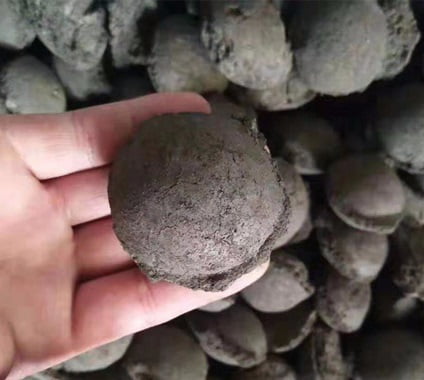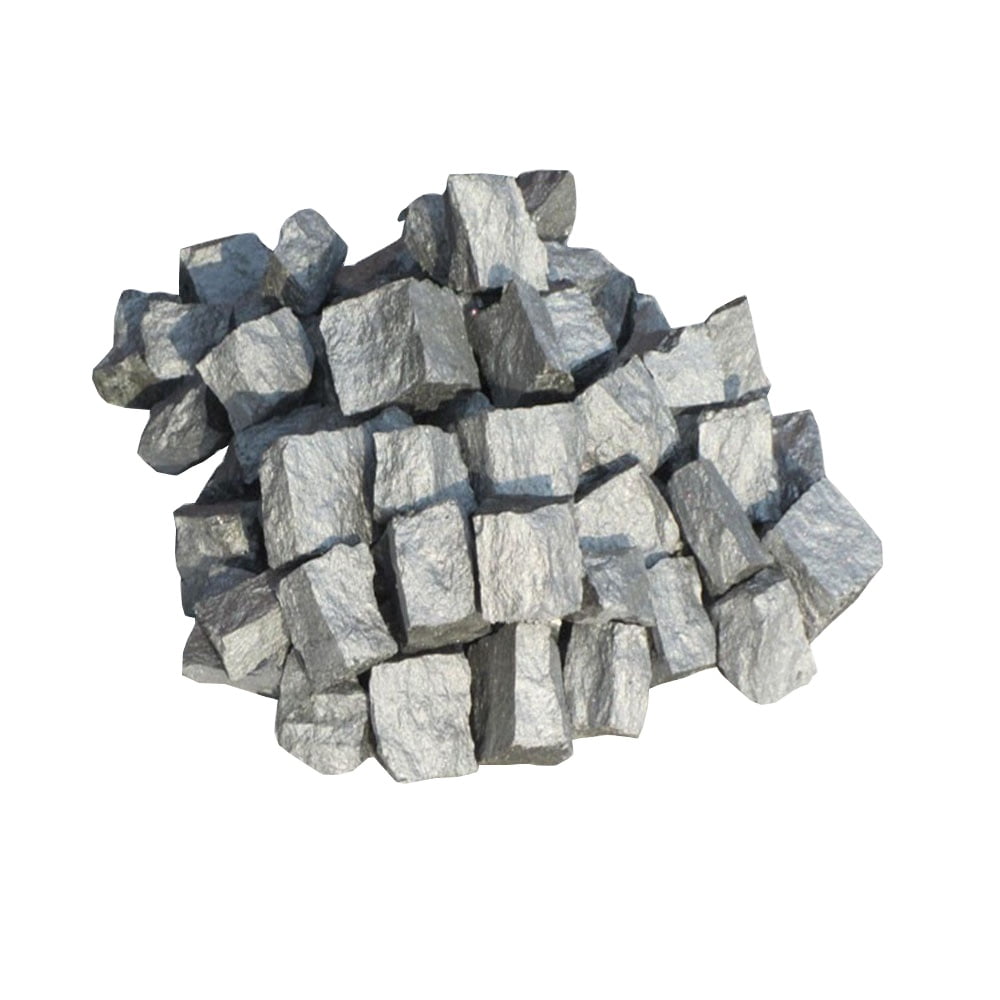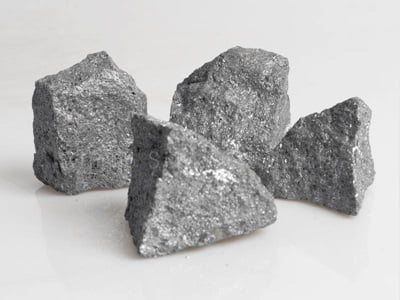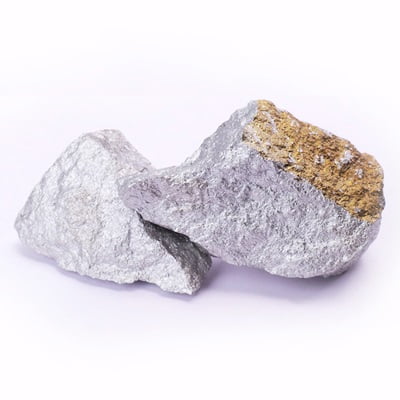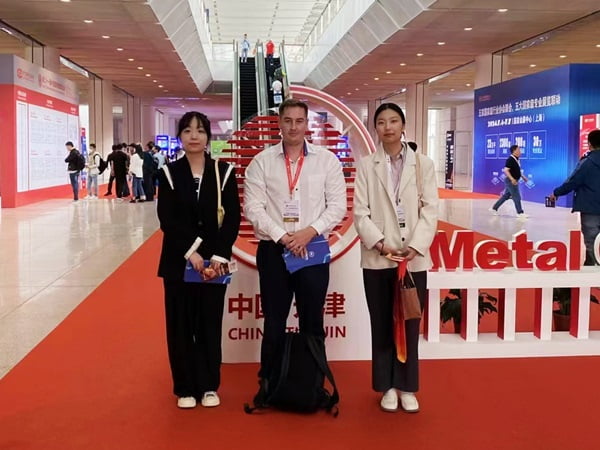NEWS
Avoiding Brittle Phases: Importance of Aluminum Control in Ferro Silicon
Why aluminum in ferro silicon must be carefully controlled to avoid negative effects on the material’s properties?
Even aluminum can have beneficial effects on the performance of ferro silicon in steel making and casting. It can improve deoxidation, increase fluidity, and improve the strength and toughness of the final product. However, if there is too much aluminum present, it can react with oxygen to form brittle intermetallic compounds.
The formation of these brittle phases is a serious concern in steel making and casting applications, as it can lead to cracking or other forms of damage in the material. This is because the brittle phases are weak and do not have the same mechanical properties as the surrounding material. If the material is subjected to stress or other forms of mechanical loading, it can cause the brittle phases to fracture, leading to failure of the material.
To avoid these negative effects, it’s important to carefully control the amount of aluminum added to ferro silicon. The amount of aluminum that can be added depends on several factors, including the composition of the steel or cast iron being produced, the temperature and other processing conditions, and the specific application.
In general, it’s recommended to keep the aluminum content of ferro silicon below 2% by weight. This is because above this level, the risk of forming brittle phases increases significantly. In some cases, it may be necessary to use special processing techniques or additives to control the formation of these phases and ensure that the material meets the required mechanical properties.
Overall, while aluminum can have beneficial effects on the performance of ferro silicon in steel making and casting applications, it’s important to carefully control the amount of aluminum added to avoid negative effects on the material’s properties. The formation of brittle phases can lead to cracking or other forms of damage in the material, compromising its performance and reliability. By carefully controlling the aluminum content and using appropriate processing techniques, it’s possible to produce high-quality steel and cast iron with the desired mechanical properties.
You May Like to Learn More...
Contact Us

JBT produces and supplies silicon metal and ferrosilicon products, mainly products are silicon metal 553, 441, 421, 411 3303,2202, 97, silicon carbide, carbon raiser for steelmaking and casting industries. We also make electrolytic manganese metal, inoculants and nodulizers.
Get in Touch
- info@jbtmetals.com
- +86-372-5032025
- +86-15937282819
- Send Inquiry
- Online Chat
- Qugou Town, Anyang City, Henan Province of China
